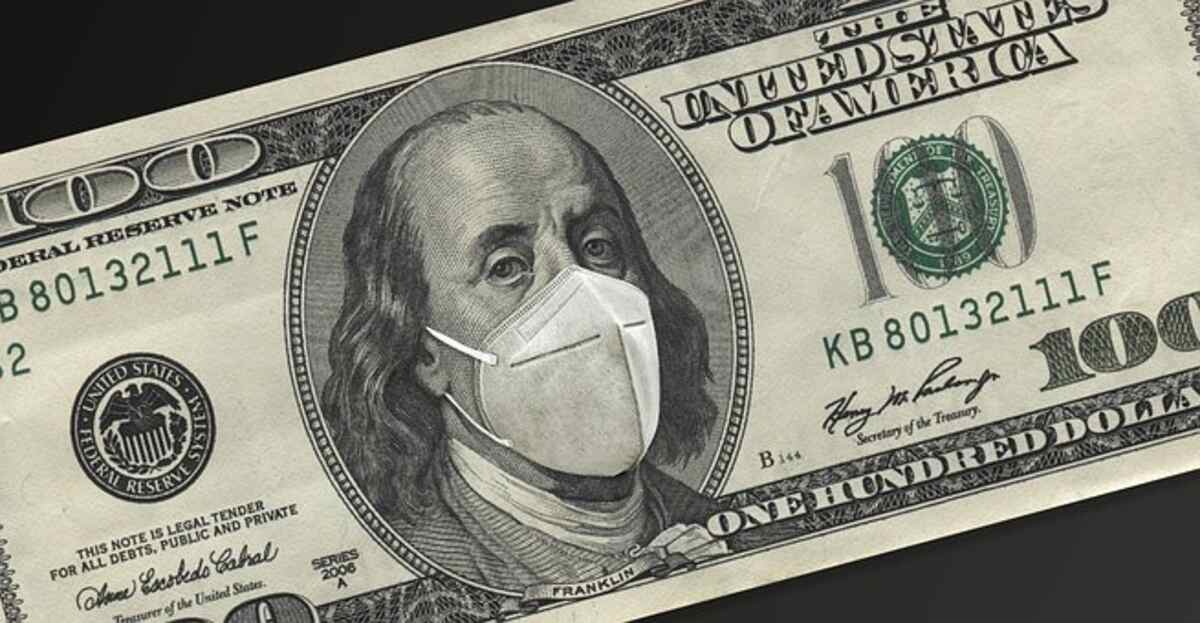During a pandemic, unemployment compensation can be a vital part of government assistance to individuals affected by the disease. In the United States, this type of government program can be administered by both federal and state governments. The following article focuses on two such programs: the Federal Pandemic Unemployment Compensation program and the New York State Unemployment Insurance program.
Federal Pandemic Unemployment Compensation
Those who are unemployed and need income can apply for unemployment benefits through the Pandemic Unemployment Assistance (PUA) program. This program provides income to people who are unemployed or are self-employed. The PUA program is funded by the federal government and is administered by each state according to federal guidelines.
For those who are self-employed or are independent contractors, the Pandemic Emergency Unemployment Compensation (PEUC) program is available for an additional 13 weeks. PEUC is also part of the Federal-State Extended Benefits (EB) program. This program provides an extra 13-20 weeks of benefits for those who are currently unemployed.
There are several programs that are financed by the federal government that is designed to help unemployed workers during a pandemic. The Federal Pandemic Unemployment Compensation (FPUC) program provided a weekly supplement of $300 for those who were receiving unemployment benefits. These FPUC benefits will be terminated on September 6, 2021.
The CARES Act allows states to extend benefits by up to 13 weeks. Those who are eligible for the benefits will automatically receive these thirteen weeks. However, an individual may appeal a decision by the state agency. The appeal process is governed by the applicable state law.
New York State’s Unemployment Insurance program
During the COVID-19 pandemic, the New York State Department of Labor (NYSDOL) rolled out a number of changes to the state’s unemployment insurance program. These changes allowed workers to apply for traditional benefits as well as a special benefit called Pandemic Unemployment Assistance.
A CARES Act, or Coronavirus Aid, Relief, and Economic Security Act, expanded the state’s ability to provide unemployment insurance for workers affected by the COVID-19 pandemic. The Act also provided additional administrative funding and flexibility to state unemployment insurance agencies.
In addition, the CARES Act allowed states to extend unemployment benefits by up to thirteen weeks. In some states, this means up to fifty-two weeks of unemployment insurance. In other states, it may mean up to twenty weeks.
The CARES Act also introduced two new programs, one of which gave laid-off workers an extra $600 per week. The other program allowed self-employed workers to apply for PUA benefits.
In the end, the CARES Act provided workers with a much-needed unemployment insurance benefit. However, it distracted state workforce agencies from ensuring that benefits were paid to the right individuals. The Office of the Inspector General has joined with law enforcement partners to continue working to address this problem.
South Carolina
During the pandemic, the state of South Carolina made some changes to its unemployment insurance program. It expanded its coverage to nontraditional workers and offered additional weeks of benefits to those who had exhausted their benefits. However, the state decided to opt out of the federally funded pandemic unemployment programs.
The state has been at full employment or just above it for the past four months. But now businesses are facing an unprecedented labor shortage. Some industries are in trouble, including the tourism and manufacturing sectors.
In July, South Carolina reported its best jobs numbers of the year. The state added 20,100 jobs. This includes manufacturing, which grew by 4,000 jobs since January. During the last two years, wages in the manufacturing industry increased by 16.7%.
In April, the unemployment rate in South Carolina was 5%. Governor Henry McMaster directed the state department to opt out of the federal pandemic unemployment programs. His underlying reason for doing so was a shortage of workers.
Missouri
During the COVID-19 pandemic, the Missouri Department of Labor and Industrial Relations instituted changes to the state’s unemployment insurance program. The department started to notify eligible claimants through its UInteract online system, which is a service that allows workers to apply for benefits without having to call a phone line.
Since the start of the COVID-19 pandemic, Missouri has received nearly 635,000 claims. Some of the applicants have received federal assistance, while others received overpayments from the state. DES hired temporary workers to help with the calls.
A total of over 60,000 Missourians have filed for unemployment, and more than half of the claimants are new to the system. The state has issued more than $10 million in waivers to 10,500 claimants, while 23,000 requests have been processed. The department estimates that it has paid out $150 million in overpayments during the pandemic.
In June, the state announced that it would no longer participate in the federal pandemic-related unemployment programs, a move that was intended to motivate Missourians to return to work. In addition, the department said it planned to recoup the state’s overpayments.

